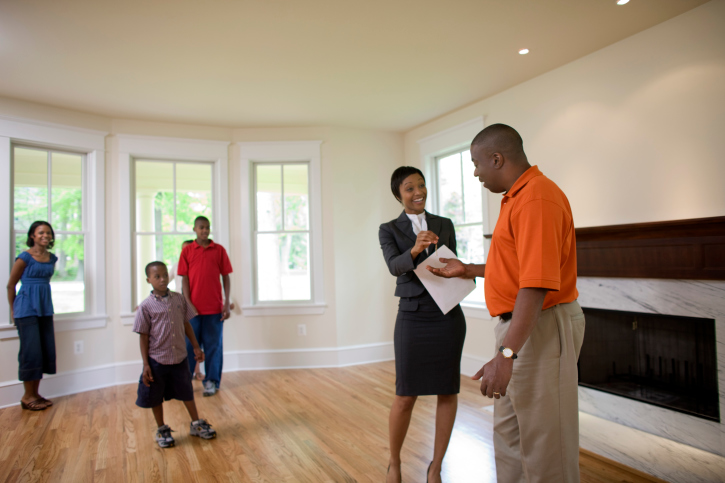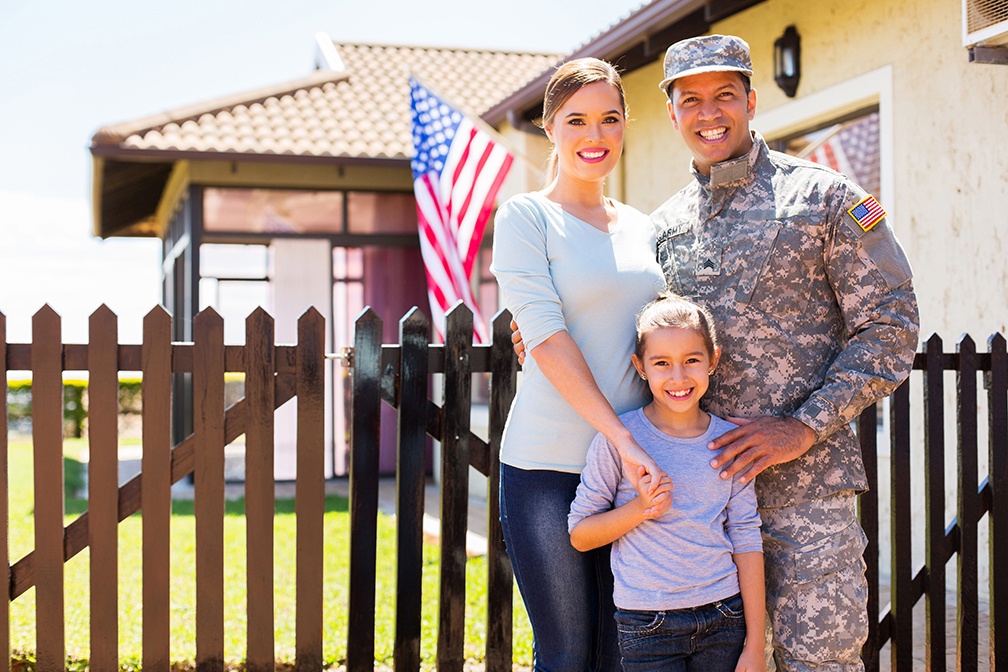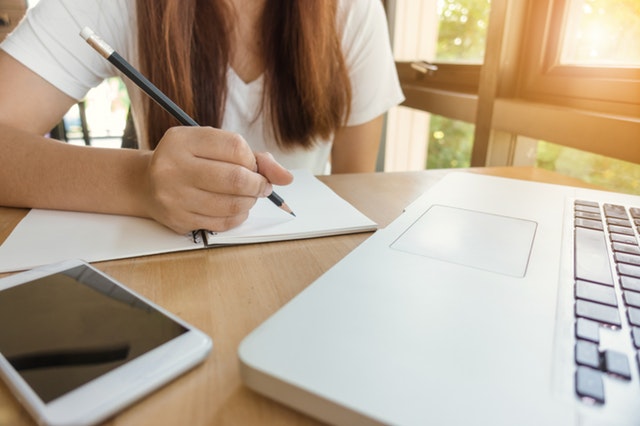Navigating A Market With Higher Interest Rate
 Even though interest rates have gone up significantly during the past few months, there are still opportunities for you to find a home at a great price. The high interest rate can be discouraging for some people, but as long as you know how to navigate the market, you can still put yourself in a position to be successful.
Even though interest rates have gone up significantly during the past few months, there are still opportunities for you to find a home at a great price. The high interest rate can be discouraging for some people, but as long as you know how to navigate the market, you can still put yourself in a position to be successful.
Put More Money Down
The easiest way to combat a high interest rate is to reduce the amount of money you borrow. That means that you might need to put more money down. Of course, this means that you might need longer to save up a down payment, but there are other benefits you might notice as well. For example, if you are willing to put 20 percent down or more, you no longer have to purchase private mortgage insurance, which can help you save some additional money.
Increase Your Credit Score
You may be able to secure a lower interest rate if your credit score is higher. Remember that the lender will give you a lower interest rate if you are of less risk to them. If you increase your credit score, you improve your financial health, which means that the lender may offer you a lower interest rate. You can increase your credit score by correcting mistakes on your credit report, paying down your existing debt, and reducing your credit utilization ratio.
Consider an Adjustable-Rate Mortgage
You may even want to consider going with an adjustable-rate mortgage, usually shortened to ARM. This means that the interest rate on your loan will change with the market. If you feel like the interest rates are going to go down, this may be a way to save money; however, keep in mind that you may end up owing more money if the interest rates go up.
Refinance Your Home Loan Down The Road
If you are not willing to take the risk with an ARM, keep in mind that you can refinance your home loan later if interest rates go down. You might need to pay closing expenses again, but it could save you tens of thousands of dollars over the life of the loan if you decide to refinance.

 If you plan on buying a house in the near future, there are a few mortgage options available. One potential option is called a VA loan. This is a loan that has been backed by the Department of Veterans Affairs, and it could provide you with some added flexibility that you can use to purchase a house. Is a VA loan right for you? There are a few points to keep in mind.
If you plan on buying a house in the near future, there are a few mortgage options available. One potential option is called a VA loan. This is a loan that has been backed by the Department of Veterans Affairs, and it could provide you with some added flexibility that you can use to purchase a house. Is a VA loan right for you? There are a few points to keep in mind. One of the challenges you will face when deciding how much money to put down on your new home is whether to put down a larger down payment or to take a bit of money from your down payment and use it to buy “discount points” to lower your interest rate.
One of the challenges you will face when deciding how much money to put down on your new home is whether to put down a larger down payment or to take a bit of money from your down payment and use it to buy “discount points” to lower your interest rate.